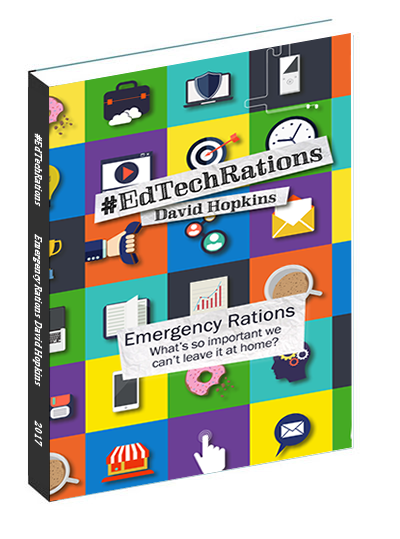What happened to the MOOCs?
MOOC = Massive Open Online Course
You knew that already, yes? Here are my thoughts for a Friday afternoon.
Massive – Yes, these courses are usually large. But anything that isn’t constrained by the number of chairs in a room has this potential. A course that has 200 people on it from a provider that has rooms that can cope with no more than 150 people would call this ‘massive’. We know that FutureLearn has had the largest ever online course (I’m not calling them MOOCs anymore) with 440,000 registered for one course, but we’ve yet to see the stats about how many who signed up actually started it, completed more than one week, even completed the course? I wonder if the larger numbers are reflected in the percentages of these ‘completors’ and whether they’re better/worse than those with (much) lower numbers (e.g. 5-15k sign-ups) or figures from other providers?
It’s a little strange that the Guinness World Record website has no mention of FutureLearn or online course, does that still make it a valid record?
Open – Yes, they’re open, but it’s increasingly difficult to find the ‘open’ version (especially on Coursera), you’ve really got to hunt for the link in amongst all the ‘specialization’ and ‘pricing’ links. If you didn’t know what to look for you’d be forgiven for thinking these MOOCs are not free. Open is also about the lack of requirement/prerequisites to already be educated to a particular level. Open, in this way means we can all try something we’d otherwise have to complete an application for (and pass).
Online – Yes, they’re online. Well, they are available to everyone, so long as everyone has access to a computing device and an internet connection. I would like to say personal access to a device and access to a reliable internet connection, but I appreciate this isn’t always the case.
Course – Yes, they’re a course; a collection of articles, videos and activities, maybe with discussion points dotted here or there (for social learning), and probably a test or end ‘assignment’ to prove you’ve learned something to qualify you for a certificate.
My point here is that I am seeing less and less, on the courses or platforms I see, that resemble MOOCs I saw two years ago. MOOC providers have to make money, yes, so there needs to be a way for them to make it, and statements and certificates and the like is a good way to do this. I’m just not sure we’re creating MOOCs for the reason we started – are we trying to force the learning into a model that is, essentially, for-profit now? What about courses that are really just about learning something new, not for CPD or to further a career, those that don’t have something that can be tested? Do you force a test or assignment just so an arbitrary mark can be assigned, therefore completing the numbers & stats in order for a mark/grade or completion rate for a certificate to be awarded?
Are MOOCs (and what we used to refer to as MOOCs) about learning or, as it seems now with exams, tests, assignments, certificates, etc. about the testing and payment options?
I’ll hang my hat firmly on the peg and say that, in the original and purest ‘ideal’ of a MOOC, MOOCs should be about expanding your knowledge, in any subject, for your own reasons and in your own time. Whether there is a paid-for option at the end (provided it’s still free for all at the start and everything inside the course is the same) shouldn’t matter. But it feels like it does. It feels like the commercial aspect is taking over. I hope not.



















I think MOOCs from the big players are going to become increasingly about making money. The reality is MOOCs cost money to make, and the MOOC platforms need money to sustain them, I guess the question is whether the educational institutions developing and delovering MOOCs see them being a good return on investment or as supporting other institutional priorities around learning and teaching. I was hearing about some of the data that’s emerging from the OU’s OpenLearn platform in terms of course enquiries, the numbers of indviduals with disabilities that are accessing them. It would be interesting to see how this compares with MOOCs.